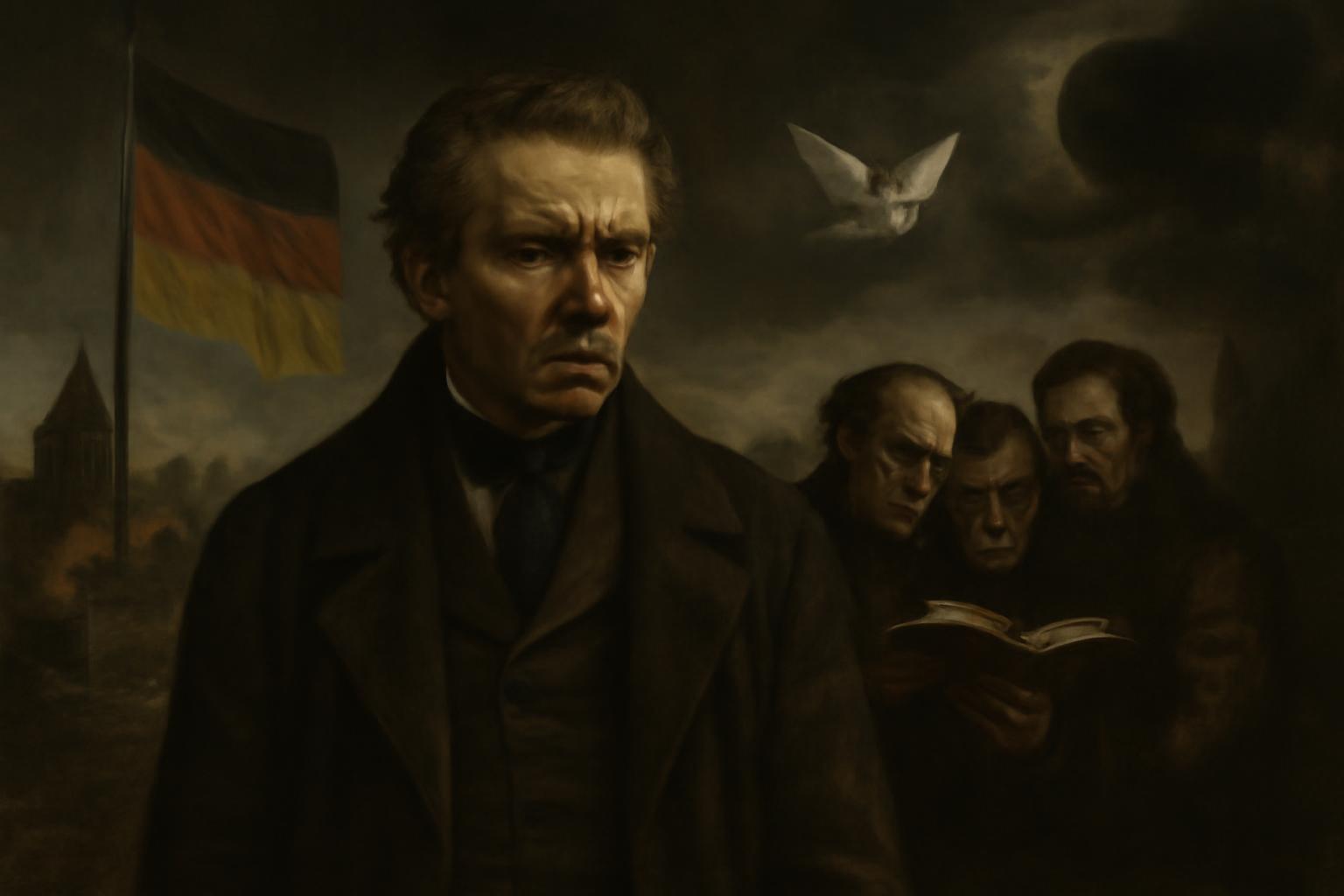Day after day, new shadows gather upon the stage of the West, and in the tragic theatre of politics, Germany’s parliamentary actors now find themselves gnawing at the frayed hem of their own ethical uncertainty. The Social Democrats, caught between the stones of their nation’s iron traditions and the waves of pitiless modern conflict, raise their voices, calling for clarity — yet what is clarity in the fogged mirror of history? The specter of Gaza, ringed by desolation and haunted by the bone-thin wails of children, has forced the SPD to reckon with the abyss: their hope, as fleeting and fragile as Antigone’s trembling plea before the rock, now gives way to the winter of resolve and the demand for action.
Around them, the chorus rises — over a hundred Israeli scholars, their voices laden with the weariness of Cassandra, urge Germany to turn from rhetorical condemnation to the “concrete measures” we so rarely see: tangible pressure, even the unthinkable threat of sanctions, should law and justice continue to wither beneath the detritus of perpetual siege. These are not new lines; they echo eternally, as Cassandra’s warnings are ever ignored, and the chorus is swept aside by the inexorable machinery of modern statecraft.
From the mouths of those who have stood in Gaza’s funerary dust come accounts of horror so commonplace that even the ancient tragedians might gasp — the clinical catalog of starvation, the numbered dead, the looming specter of famine. Yet here, too, the possibility of catharsis grows faint; even calls for the most basic gestures of mercy — to bring Gaza’s broken children to safety — sound fragile and uncertain amid the grinding gears of power.
Möller, like Nietzsche’s Zarathustra descending into the valley of tears, finds her hope for peace battered by the blunt persistence of realpolitik: lasting peace, she confesses, recedes into myth, a lost Eurydice swallowed by a chthonic night without stars. The parties bicker and gesture, flinging demands to the indifferent heavens: free the hostages, end the fighting, prevent the return of violence, as if the world has not long since discarded its scripts for justice and empathy.
How tawdry and emaciated our moral ambitions have become! The grand questions have been reduced to bureaucratic procedures and press conferences, our answers to tragedy redacted into diplomatic memoranda. The lesson of Nietzsche’s tragic wisdom — that to affirm life requires facing its abysmal suffering, not fleeing from it with platitudes — has been lost amid the slogans of the postmodern agora. We are left with the hollow performance of virtue, the melancholic spectacle of a civilization unwilling to stare into the horror it has wrought and complicitly enabled. The West, pupil of Aeschylus and inheritor of Schopenhauer’s pessimism, now lurches on, blind to its own tragic script, dreaming still of progress even as it chokes forever in the labyrinth of its own making.
